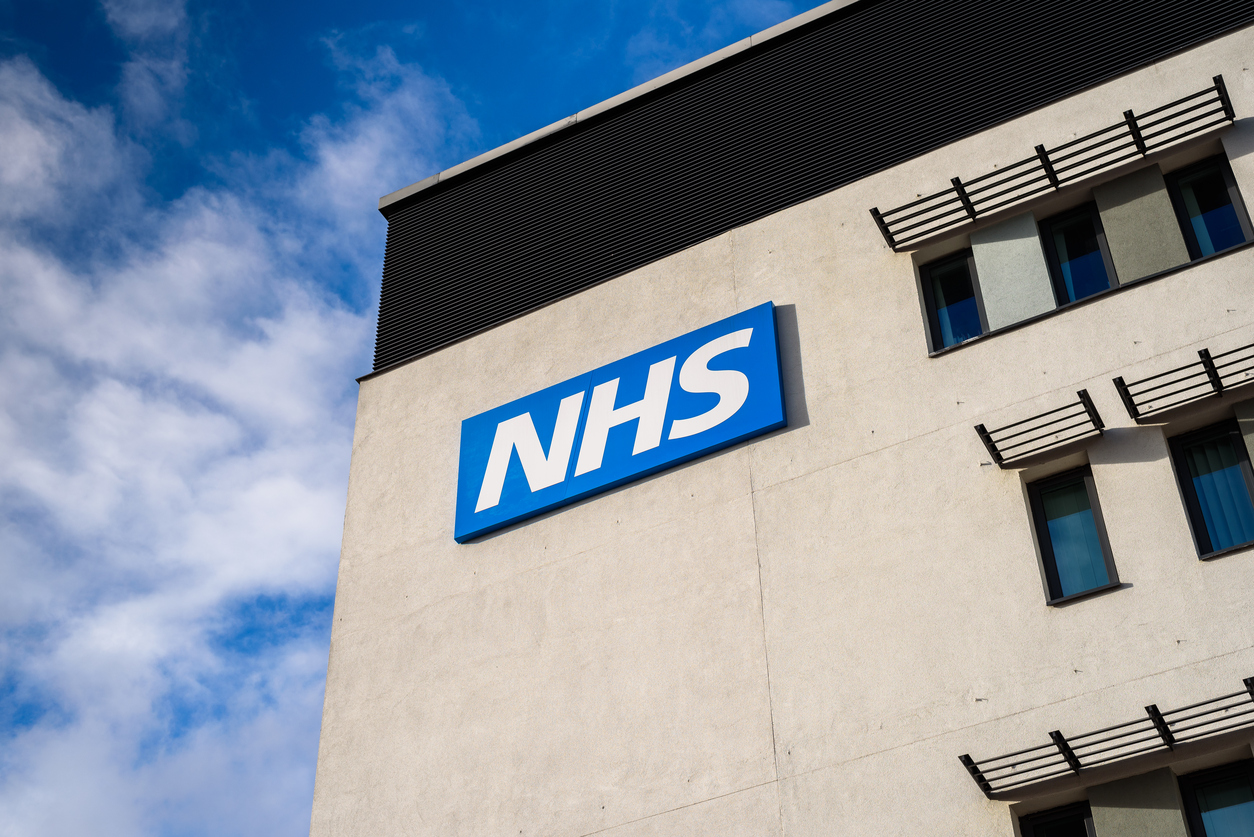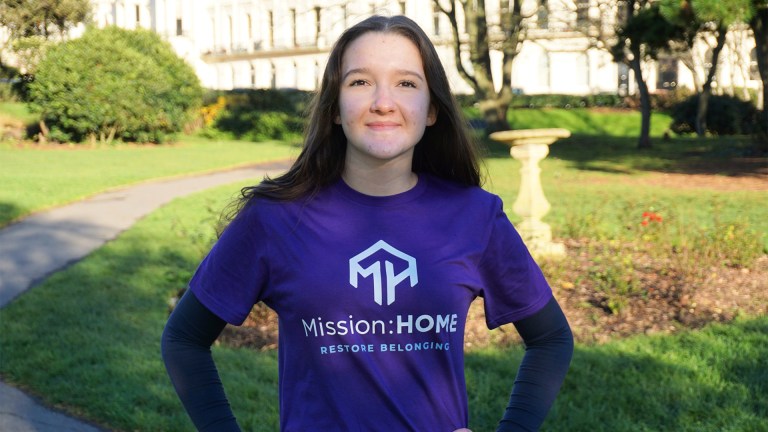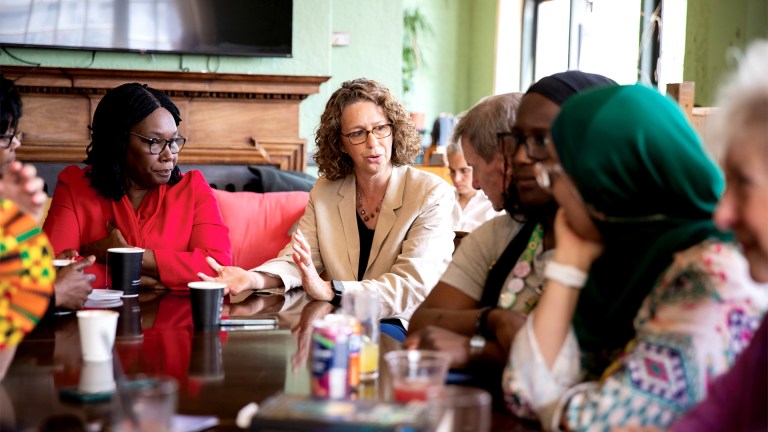Being able to function to the best of your ability means you can take on everyday tasks, chores, and even enjoy yourself, and when you’re feeling a little rough or run down it can really take its toll on even the most comfortable of people. An investigation from from the Bureau of Investigative Journalism found that at least 78 homeless people died last winter – a stark reminder that healthcare should be accessible to everyone.
But if you’re sleeping rough, sofa-surfing or in temporary accommodation your health is key and ensuring you have access to vital services can sometimes be daunting.
Registering with a GP
But a clarification to NHS England’s patient registration guidance in 2015 means that GPs in England must register rough sleepers and hidden homeless (such as sofa-surfers), even if they have no evidence of a permanent address within the practice’s boundaries. The same logic applies in Scotland and Wales as well.
“Please be aware that a homeless patient cannot be refused registration on the basis of where they reside because they are not in settled accommodation” the NHS itself says. “There is no regulatory requirement to prove identity, address, immigration status or an NHS number in order to register as a patient and no contractual requirement for GPs to request this.”
“Those who are homeless, vulnerably housed or ‘of no fixed abode’, asylum seekers, refugees and overseas visitors, whether lawfully in the UK or not, are eligible to register with a GP practice even if they have to pay for NHS services outside of the GP practice.”
If the idea of heading to a doctor’s surgery is too daunting there are lots of charities, organisations and NHS funded services that cater especially for homeless and vulnerably housed people such as the Clock Tower Surgery in Exeter, or the Hunter Street Homeless Services in Glasgow. Local charities can advise on local health services that specialise in the treatment and care of homeless people with health problems, or even help you register with a local GP.









